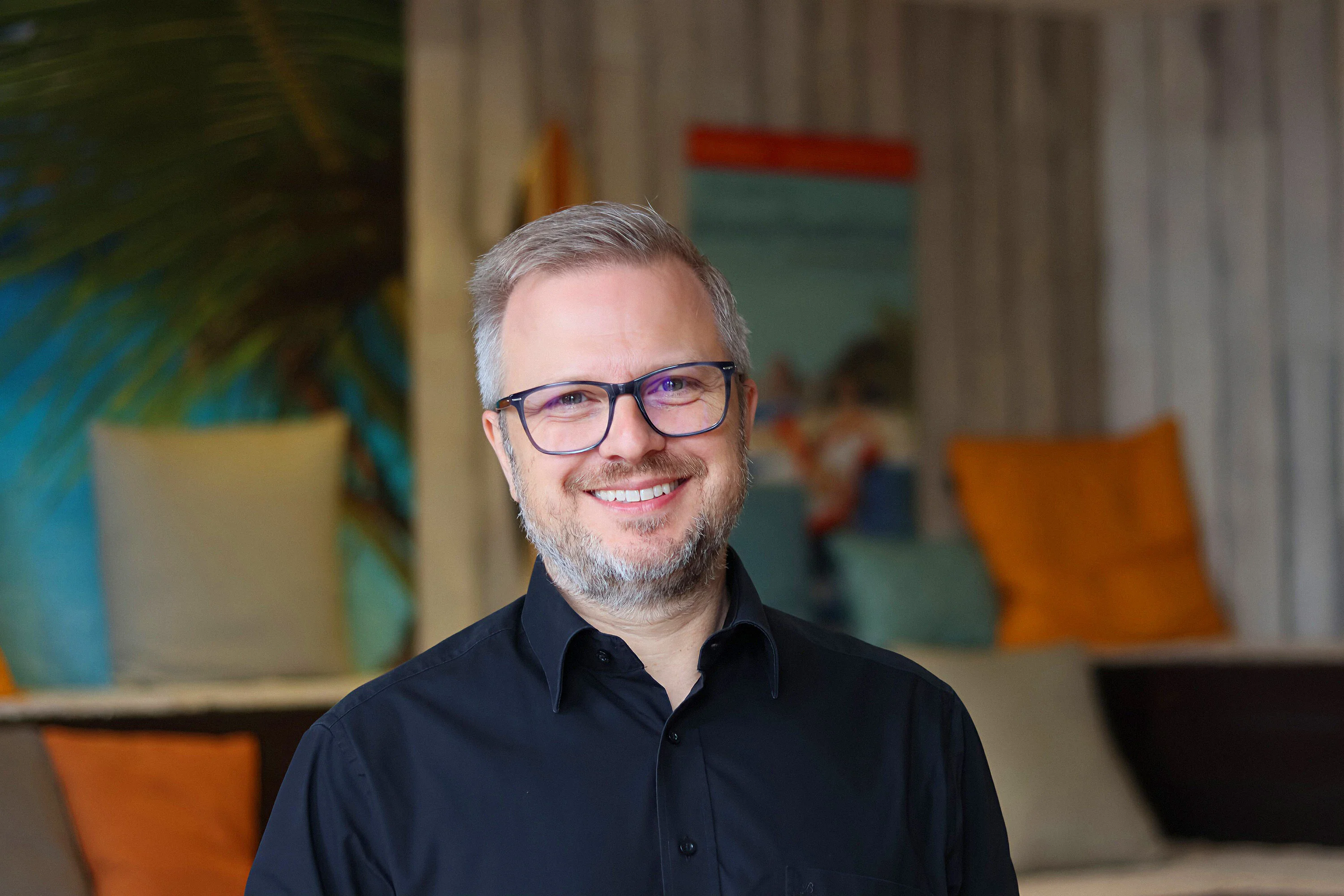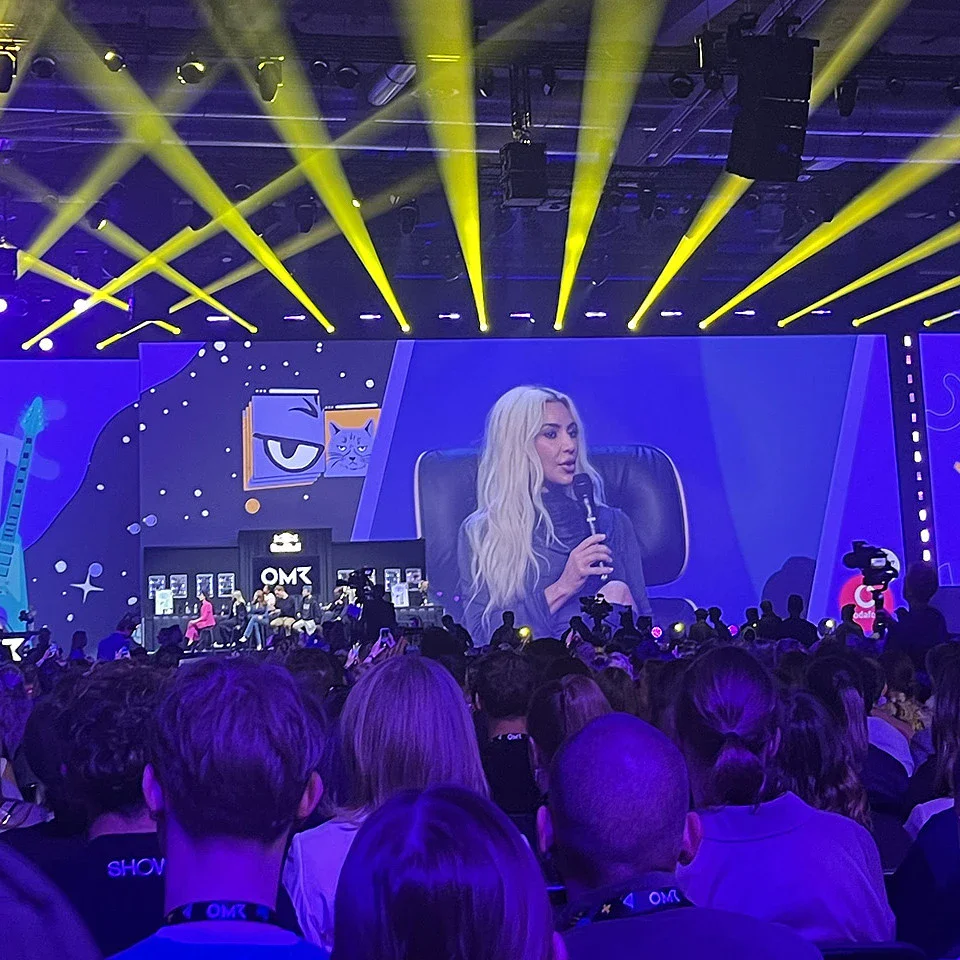Web Summit 2019 Lisbon
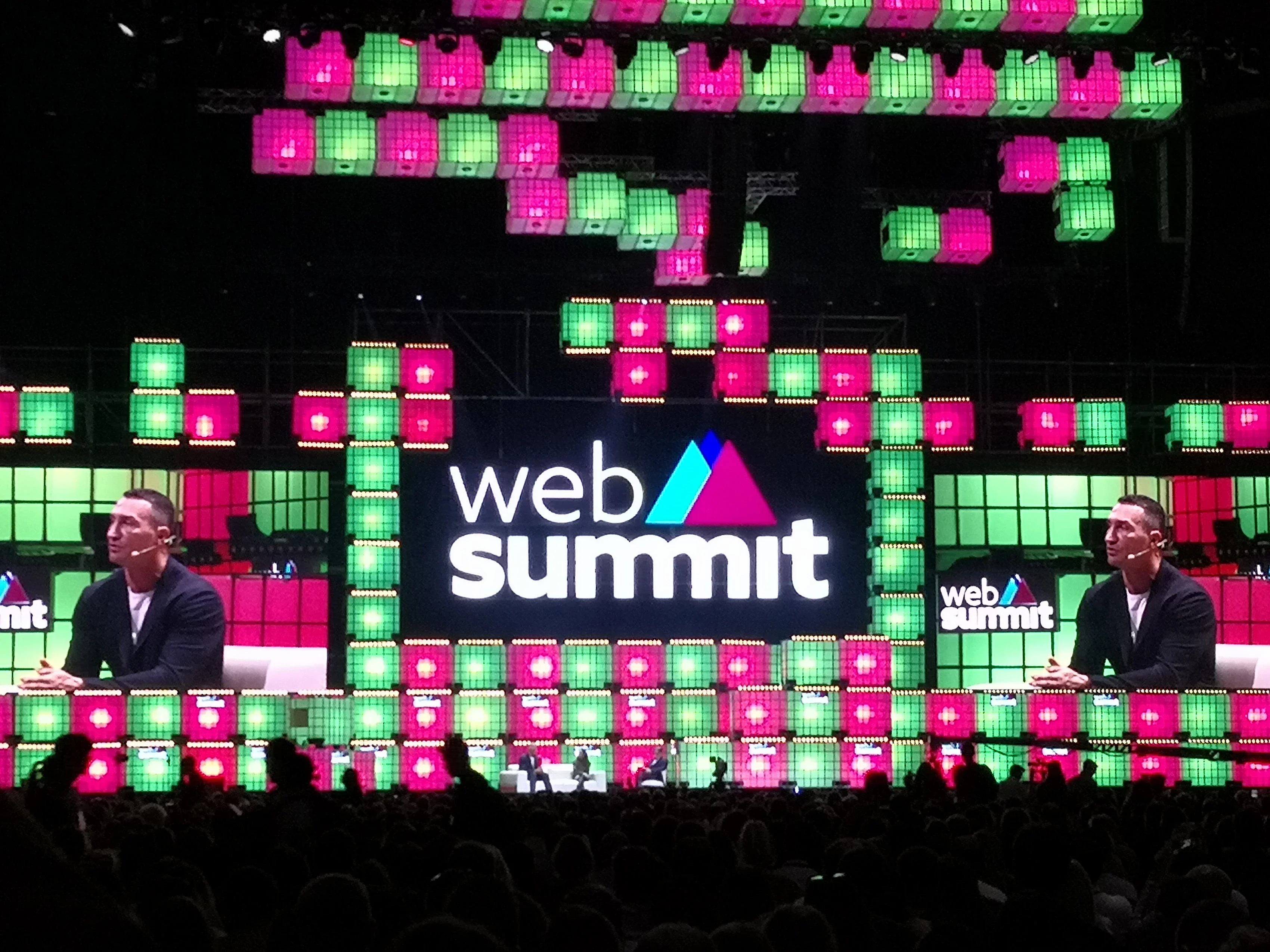
Together with over 50,000 attendees, I spent November 4–7 in Lisbon to explore the latest trends and innovations in the tech world. With more than 1,200 speakers, the conference offered something for everyone. As expected, sustainability and artificial intelligence were this year’s central themes.
Even at the airport, attendees could already register for the Web Summit. The sheer size of the registration hall alone would exceed the entire space of many other conferences.
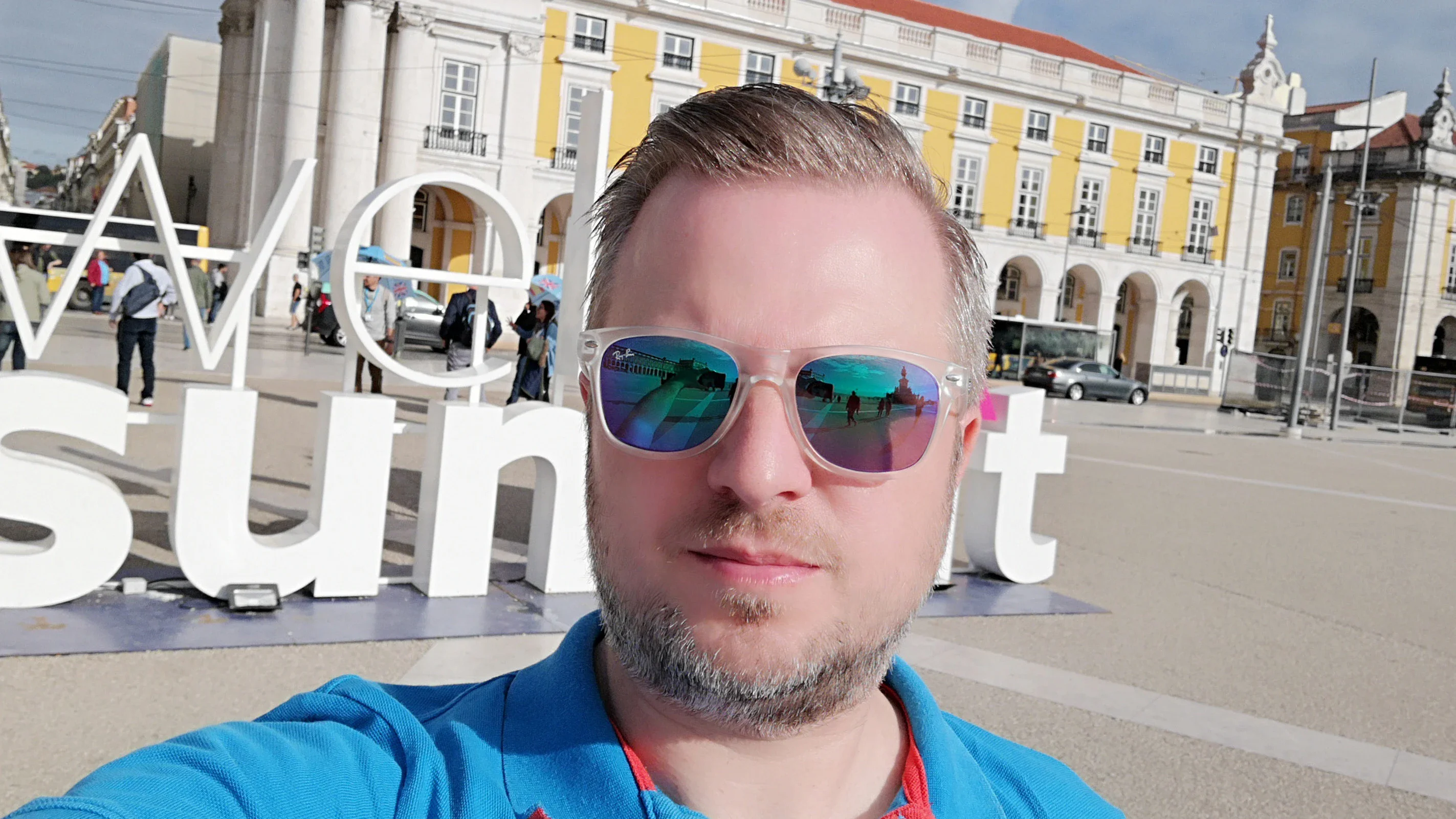
In the Opening Session, Edward Snowden (live from Russia) and Jaden Smith took the stage. Jaden shared insights about his project Water.org, specifically “Life Methamorphosis” – an initiative that converts wastewater into fuel to power cars.
Executives from Huawei and Cloudflare presented their companies’ roadmaps, discussing the expansion of 5G infrastructure and entry into new global markets.
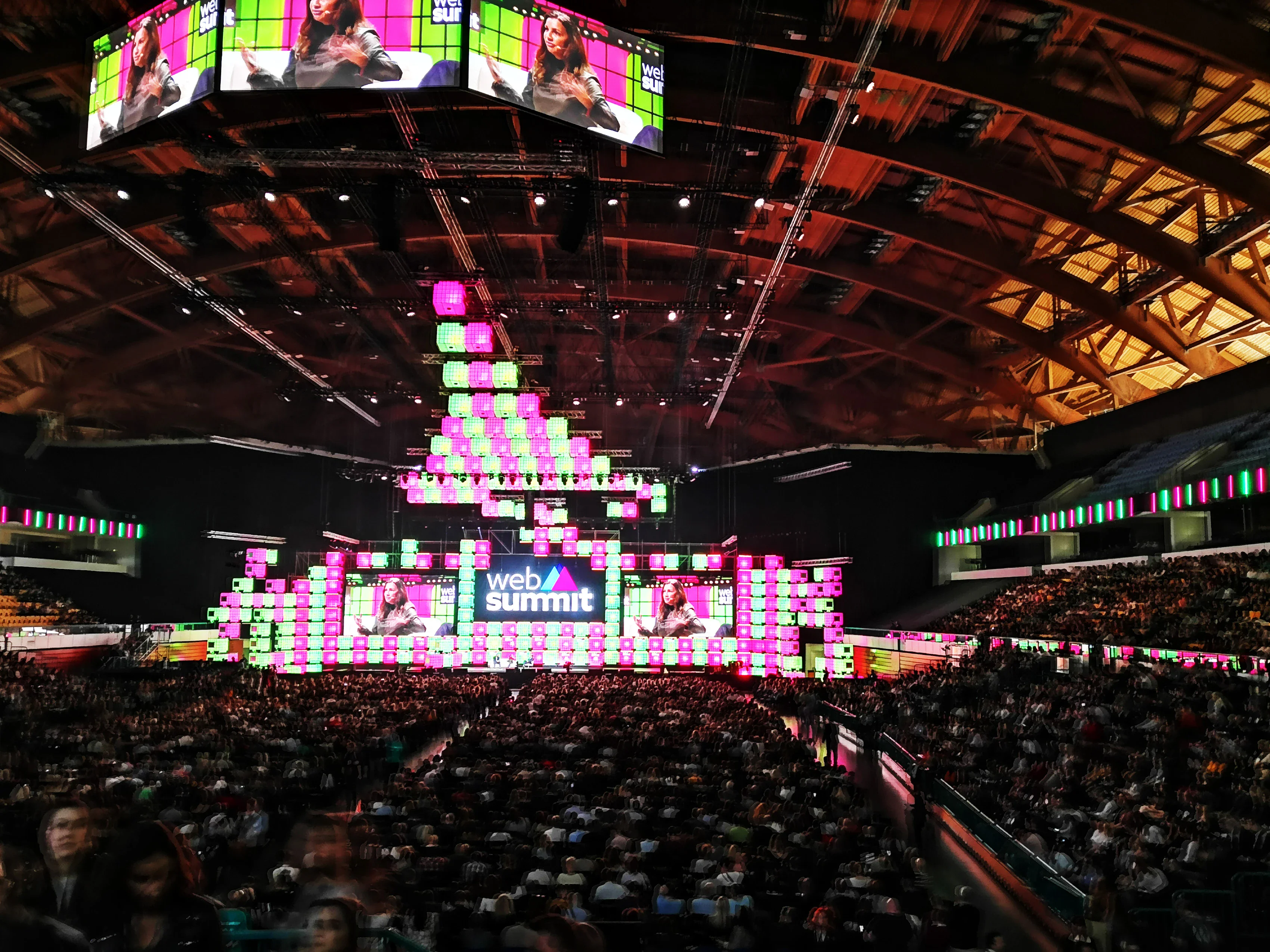
The second day started with presentations from several start-ups, including Sound Particles, Vertoe, and Mutney – all promising ventures worth watching.
Verizon outlined their own plans for 5G development and promoted the upcoming Global Goal Live event on September 26, 2020, which aims to end extreme poverty, advance equality, and combat climate change.
More at: www.globalcitizen.org
I was also impressed by IKEA’s presentation. By 2030, all IKEA products are set to be made 100% from recycled materials. They also announced an upcoming furniture sharing service.
Another hot topic: Libra, the open-source cryptocurrency and Calibra, the wallet developed by Facebook to enable real-time, free global transfers. The goal is to provide banking access to everyone worldwide. The launch was planned for 2020 — with potentially big implications for the banking sector.
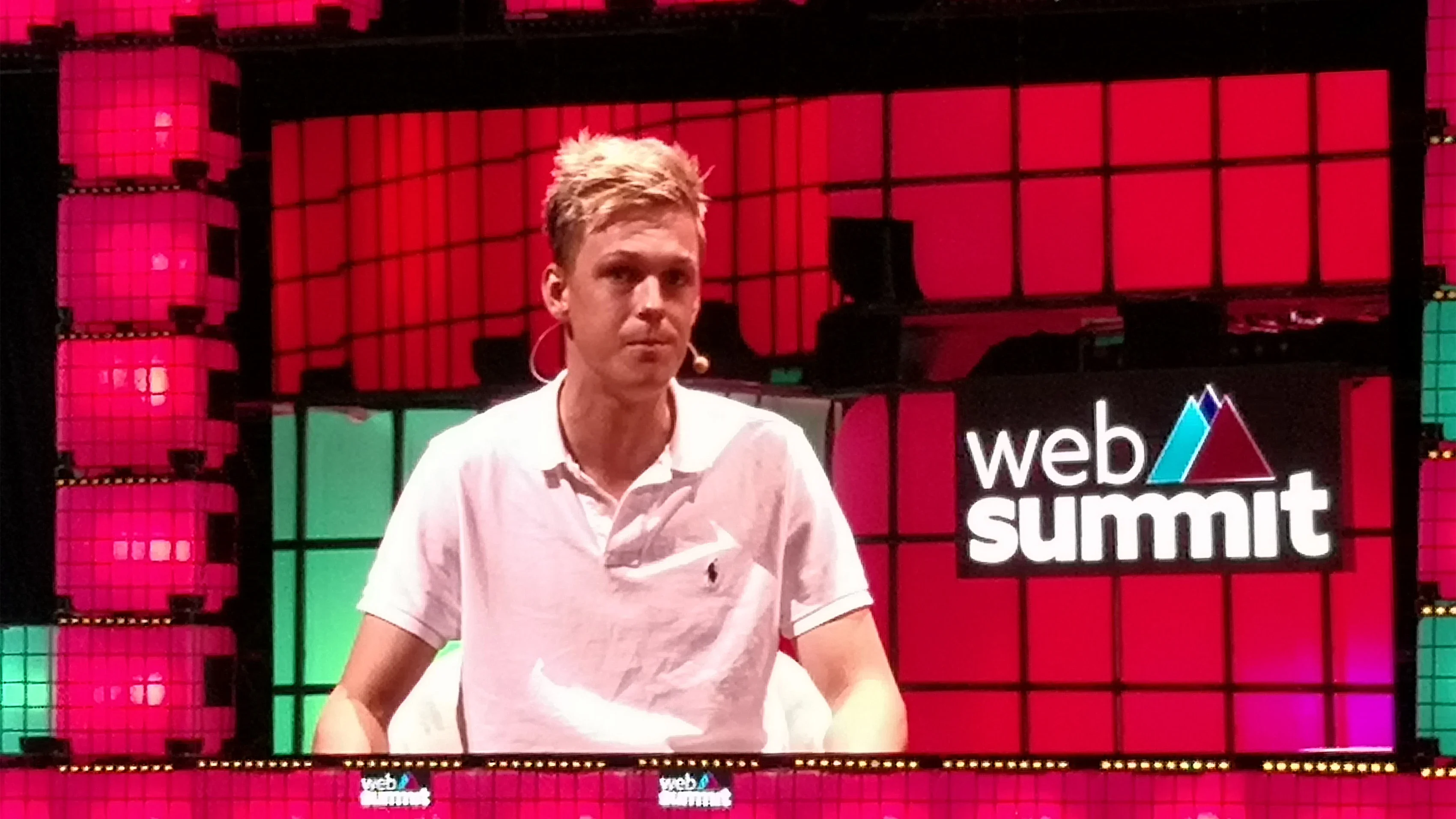
The President of Samsung spoke about the growing role of AI and automation in our homes. Voice assistants will increasingly be embedded directly into appliances, which will then communicate with each other.
Influencer Caspar Lee and actor Ian Somerhalder discussed the influence of social media personalities on their audiences.
HP and Google presented their environmental goals and emphasized how important sustainability is for all companies. Google introduced several tools designed to improve personal and global ecological footprints:
- Google Air View – measures air pollution in your area
- Google Fishing Watch – monitors overfishing
- Your Plan, Your Planet – helps individuals take small steps toward a better world
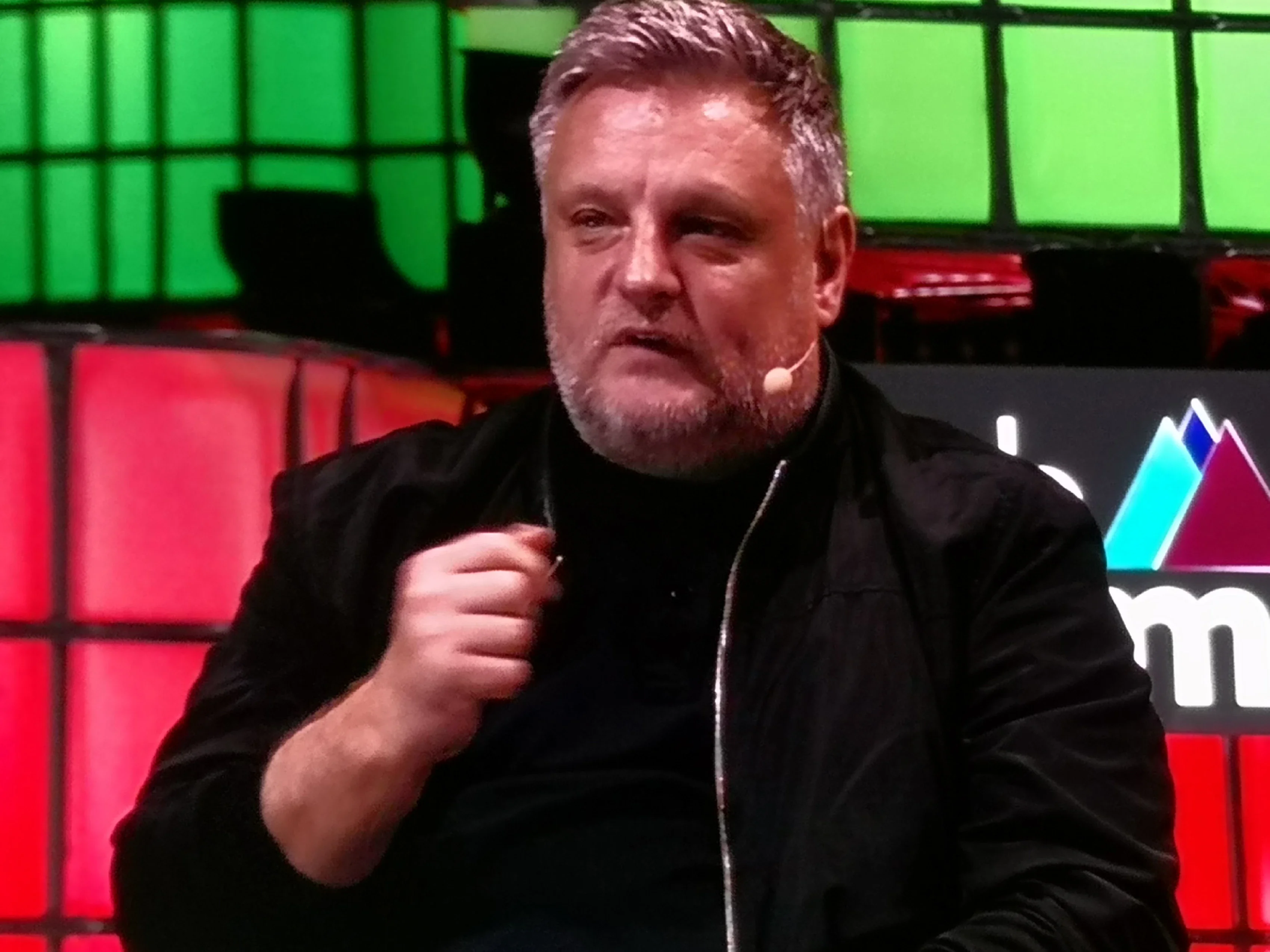
Day 3 was once again full of exciting and informative topics, such as the start-up presentations by Fyde, the next level VPN, join.com, the SAAS for the HR industry, Synthesia, an incredibly powerful AI-based tool for creating multilingual video content, and Manna, who want to conquer the food delivery market with the help of drones.
Things then continued in an exciting way with the President of Microsoft, Brad Smith, who spoke about the importance of ethical rules for the development of future solutions and the protection of personal data, among other things. Politics also made an appearance.
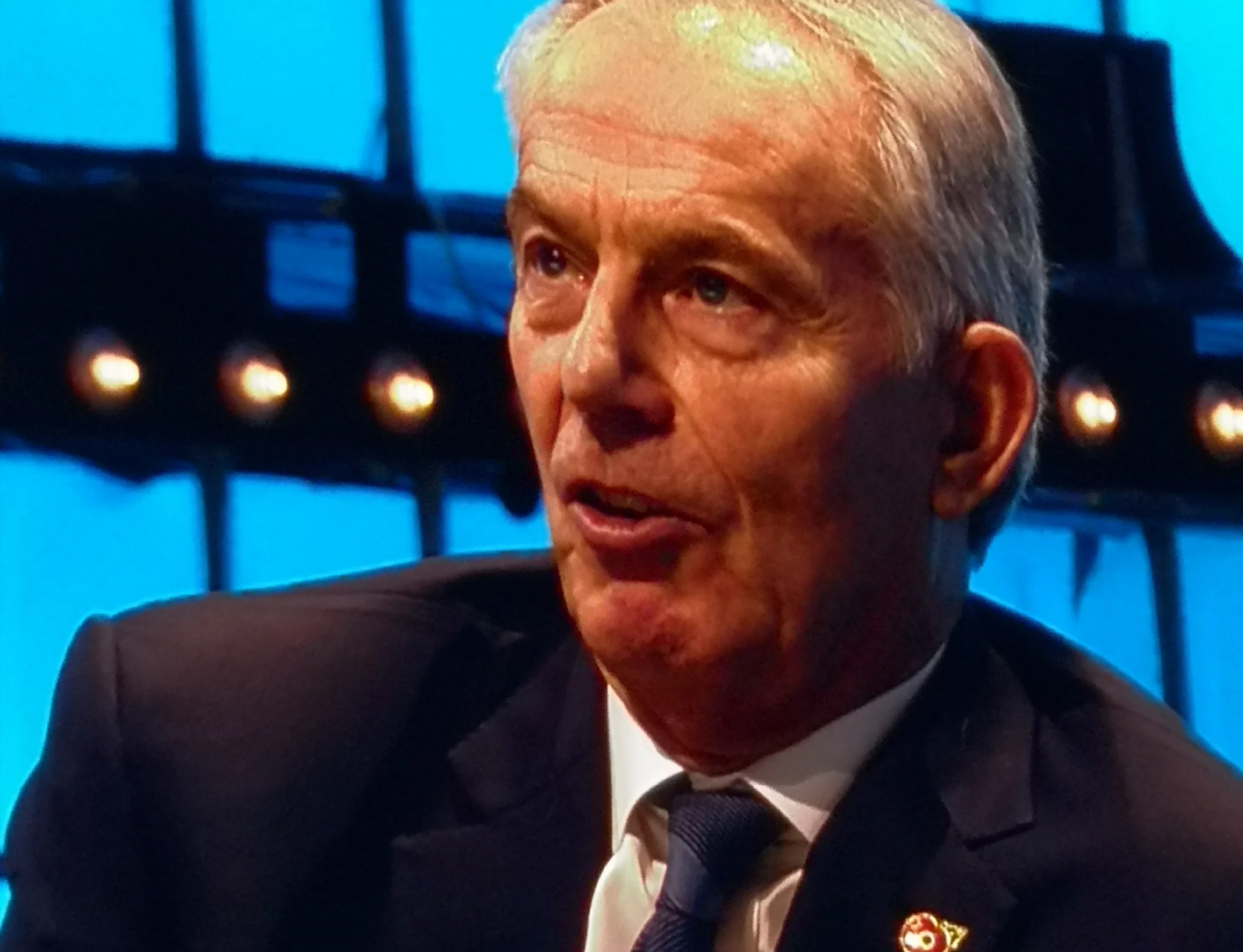
The German founder of the company Lillium, which plans to launch air cabs in the first pilot cities in 2025, also reported on this topic. The air cabs have a range of around 400 km and are completely electrically powered, all for the price of a normal cab ride. Handson Robotics then presented the two AI-based robots Sophia and Phil and CTRL-Labs their CTRL-Kid, which is barely bigger than a wristwatch and allows complex control in real time based on muscle movements. This enables digital writing without a keyboard, for example.
The last day of the Web Summit also started with exciting start-ups such as Tonic App, the central information platform for doctors, and "Faster than light", the application for high-speed testing of AWS applications. In an Amazon AWS workshop, I was able to find out more about the possibilities of AWS and attend spectacular presentations from the field of robotics (Bosten Robotics and Mistey Robotics) in addition to an exciting discussion about the future of work.
The final of the start-up pitches also took place today. 2 interesting candidates with very different solutions. The Nutrix microsensor for measuring glucose levels in the body, among other things, aims to revolutionize medicine and the Banjo Robinson project wants to teach children all over the world to read and write in an exciting way.


